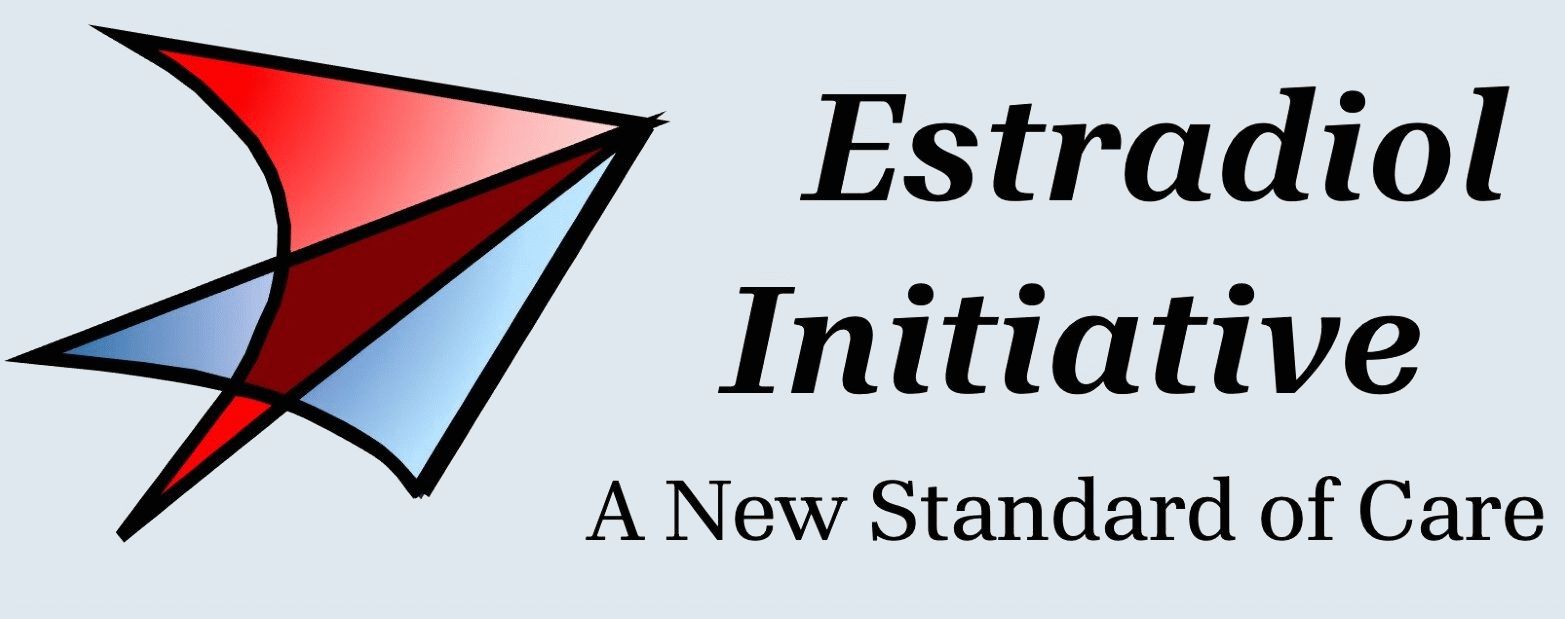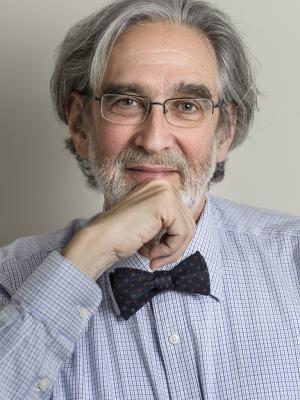
Richard Wassersug, PhD, was diagnosed with prostate cancer (PCa) over 25 years ago. In quick succession, he had surgery then salvage radiation. He has now been on hormone therapy (i.e., androgen deprivation therapy) for over 22 years. Richard was a research scientist before he was a PCa patient. Starting with the side effects he experienced from his cancer treatments, he began to study ways to help other patients and their partners live well despite the impact of the disease. Richard is now the Co-Lead for Canada’s national Androgen Deprivation Therapy Education Program [see: www.LifeOnAdt.com] and lead author of the book Androgen Deprivation Therapy: An essential guide for prostate cancer patients and their loved ones!
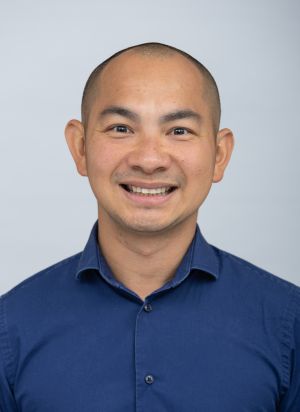
Dr. Erik Wibowo is an Associate Professor at the University of Sydney with over 15 years of research experience in prostate cancer survivorship. His doctoral research focused on investigating the effects of estrogen treatment in androgen-deprived male rodents, serving as a preclinical model for men undergoing androgen deprivation therapy (ADT). During his postdoctoral fellowship in Vancouver, he managed an educational program designed to support patients and their partners in dealing with the side effects of ADT. More recently, his research has explored supportive care needs, sleep disturbances, and sexual health management strategies among prostate cancer patients.
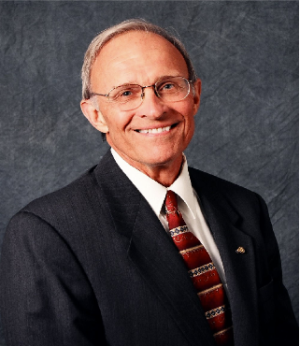
Dr. Paul Schellhammer, MD, is both a prostate cancer researcher, who has used tE2 for his own ADT for a decade and a half, and a prostate cancer researcher. Paul received his medical school training at Cornell Medical College in New York City, followed by surgical and urologic training at the University Hospital of Cleveland and the Medical College of Virginia. He then did a fellowship in urologic oncology at Memorial Sloan Kettering Cancer Center in New York, before settling in Virginia.
Paul practiced urology in Virginia and became a faculty member at Eastern Virginia Medical School where he eventually achieved the rank of Professor. He also served there as Chairman of their Department of Urology and Program Director for their Resident Training Program.
Paul has served as a medical officer in Vietnam, as well as president and former trustee of the American Board of Urology. He has also served as President of both the Society of Urologic Oncology and the American Urologic Association. As a researcher, Paul has authored or co-authored over 200 peer-reviewed papers related to prostate cancer.
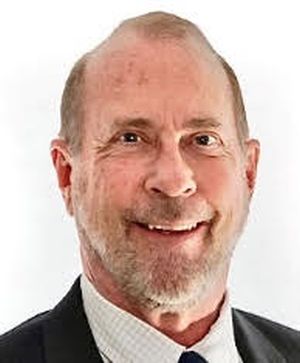
Bob Watson is 70 years old and is a retired PhD nuclear engineer. He currently works as a patent agent writing patent applications. He has been a prostate cancer patient for 2 years now. His Gleason score at diagnosis was 4+3, and MRI scans confirmed 2 tumors in his prostate. His peak PSA reached 10, at which point he took Dutasteride for 5 months. His PSA dropped from 10 to 2.4 over that time. Next, he did SBRT radiation treatment (5 sessions) and then did Orgovyx ADT treatment for 6 months, while simultaneously taking high-dose, transdermal estradiol gel (1% E2 concentration) to prevent osteoporosis. His lowest PSA was undetectable (< 0.02). He had no hot flashes while on ADT, and his bone mineral density increased by 10% during the 8 months that he was using transdermal estradiol gel.
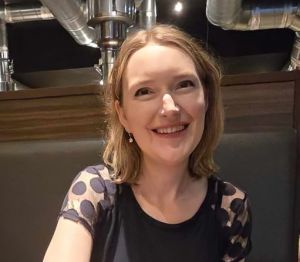
Carly Sears completed an undergraduate degree in psychology at the University of Calgary in 2017. From 2019 – 2022, she acted as program coordinator for the LifeOnADT Educational Program. Carly completed her MSc in Community Health Sciences at the University of Calgary in 2024, with a focus on psychosocial oncology and early palliative care. Her research interests pertain to the development, provision, and assessment of psychosocial interventions that support individuals and families as they navigate cancer diagnosis and treatment. Carly is now pleased to join the tE2 Initiative as project coordinator.
